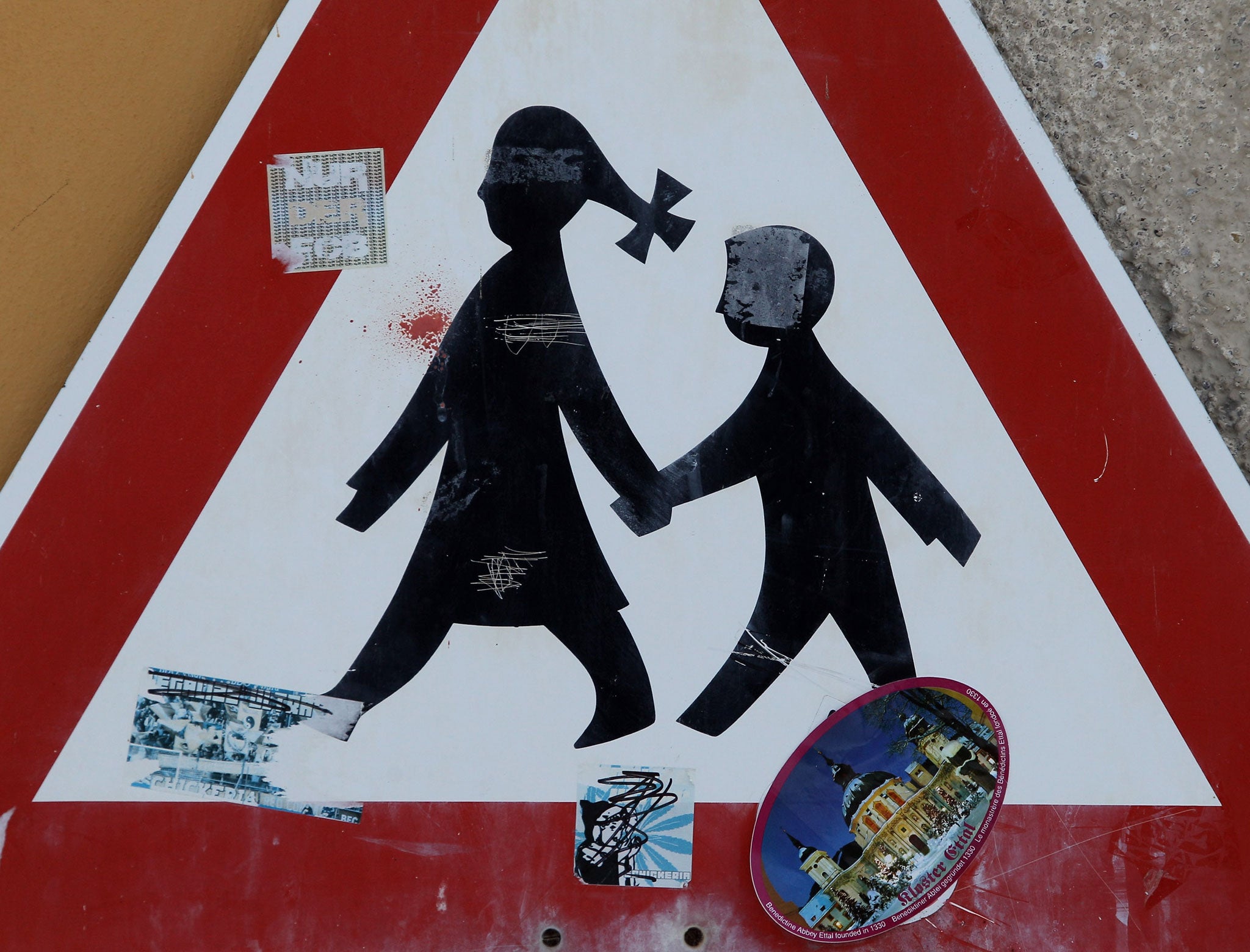The murder of Bijan Ebrahimi: Demonising child abusers means inevitable violence
Mob justice directed against alleged paedophiles has become a sad fact of life

Your support helps us to tell the story
From reproductive rights to climate change to Big Tech, The Independent is on the ground when the story is developing. Whether it's investigating the financials of Elon Musk's pro-Trump PAC or producing our latest documentary, 'The A Word', which shines a light on the American women fighting for reproductive rights, we know how important it is to parse out the facts from the messaging.
At such a critical moment in US history, we need reporters on the ground. Your donation allows us to keep sending journalists to speak to both sides of the story.
The Independent is trusted by Americans across the entire political spectrum. And unlike many other quality news outlets, we choose not to lock Americans out of our reporting and analysis with paywalls. We believe quality journalism should be available to everyone, paid for by those who can afford it.
Your support makes all the difference.As yesterday’s report in the Independent indicated, the killing of Bijan Ebrahimi was not just an ordinary homicide. His vigilante neighbours who murdered him had no doubt that it was OK to destroy the life of a paedophile. Beaten up after he took pictures of the youth who vandalised his flowers, Ebrahimi complained to the police last July. When a crowd taunted him with shouts of “paedo, paedo”, he was the one arrested, not those who insulted him. Wrongly detained, he was brutally murdered two days after his release. In an act of quasi-ritual slaughter, this victim of Britain’s fascination with the menace of paedophilia was burnt to death.
Reading between the lines it is difficult to avoid the conclusion that far too many believe that the main problem with this tragic episode was that Ebrahimi was actually “innocent” and had not taken any indecent pictures of anyone. Questions are now asked about who is to blame for the lynching of this man. Some will point the finger at those who were responsible for circulating a “baseless” rumour. Others have condemned the residents of his community for unhesitatingly assuming the worst about their neighbour. The police face serious questions for ignoring Ebrahimi’s plea for help and for arresting him while a crowd was hurling insults and vilifying him as a paedophile.
Those who murdered Ebrahimi, those who stood by and hurled insults in his direction and those officials who ignored his call for help should not bear the entire burden of responsibility for this tragedy. During the past two decades mob justice directed against alleged paedophiles has become a sad fact of life. Such reactions are the outcome of a culture of fear that continually invites the public to perceive paedophilia as a normal fact of life. That is why the News of the World’s “name and shame” campaign in 2000 against paedophilia succeeded in inciting public hysteria. This scaremongering effortlessly provoked anxious parents to form vigilante groups. It succeeded in fuelling a witch-hunt because over previous decades the public had been ceaselessly bombarded with warnings about the perils of “stranger danger” by advocacy groups and media organisations.
In a world where there is little consensus about moral issues touching on what is right and wrong, the paedophile possesses the standalone status of the personification of malevolence. That is why moral and cultural entrepreneurs invest so many resources in crusades against this threat. No one can ignore a claim to act in defence of the child. But their narrative invites us to regard all strangers – particularly men – as potential child molesters. In this way the unthinkable mutates into an omnipresent threat that preys on our imagination.
In effect the principal outcome of the advocacy of stranger danger is the normalisation of paedophilia. Once the stranger becomes a legitimate target of suspicion can the lynch mob be far behind?
Frank Furedi is a sociologist and author of ‘Moral Crusades in an Age of Mistrust: The Jimmy Savile Scandal’, published by Palgrave Pivot.
Join our commenting forum
Join thought-provoking conversations, follow other Independent readers and see their replies
Comments